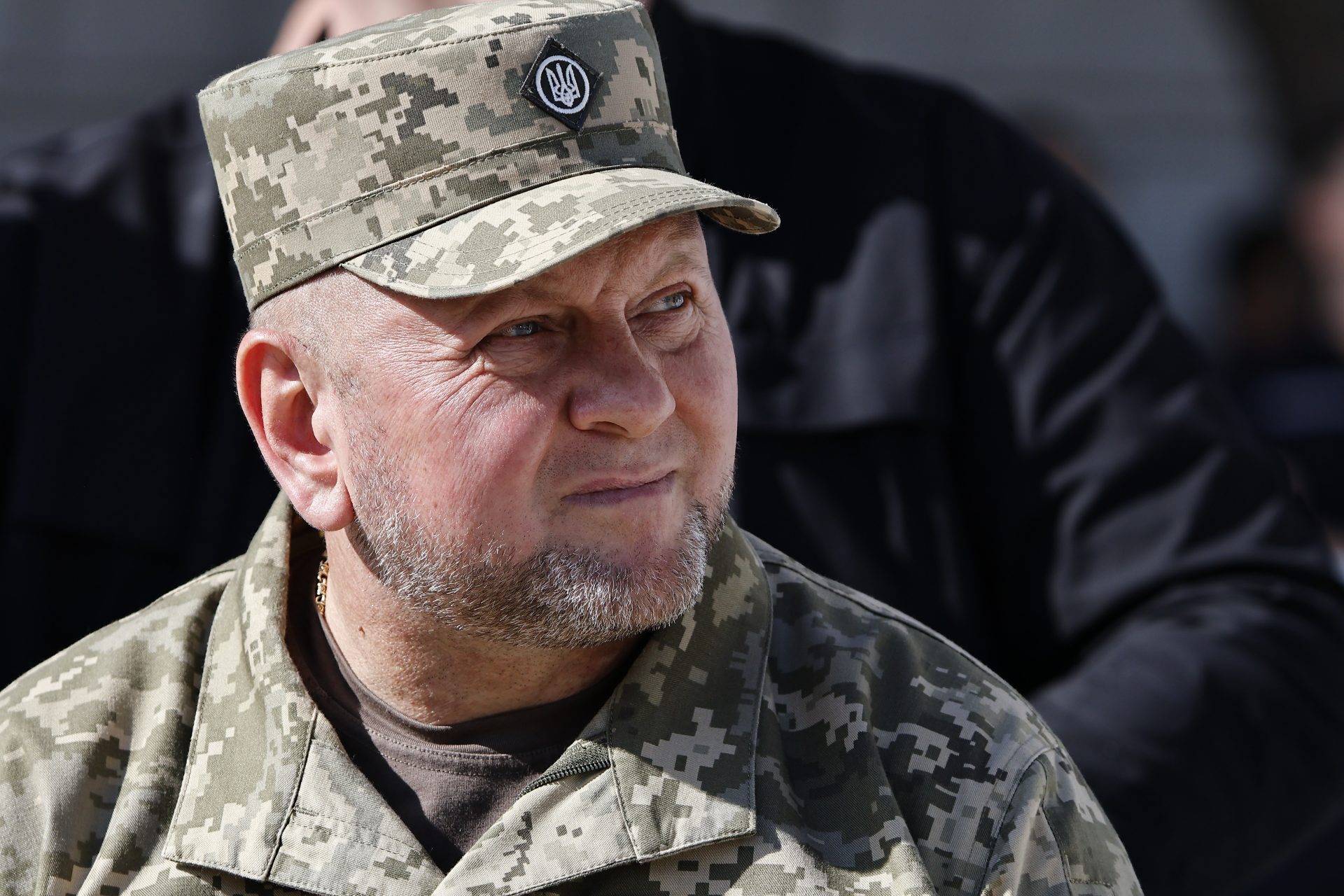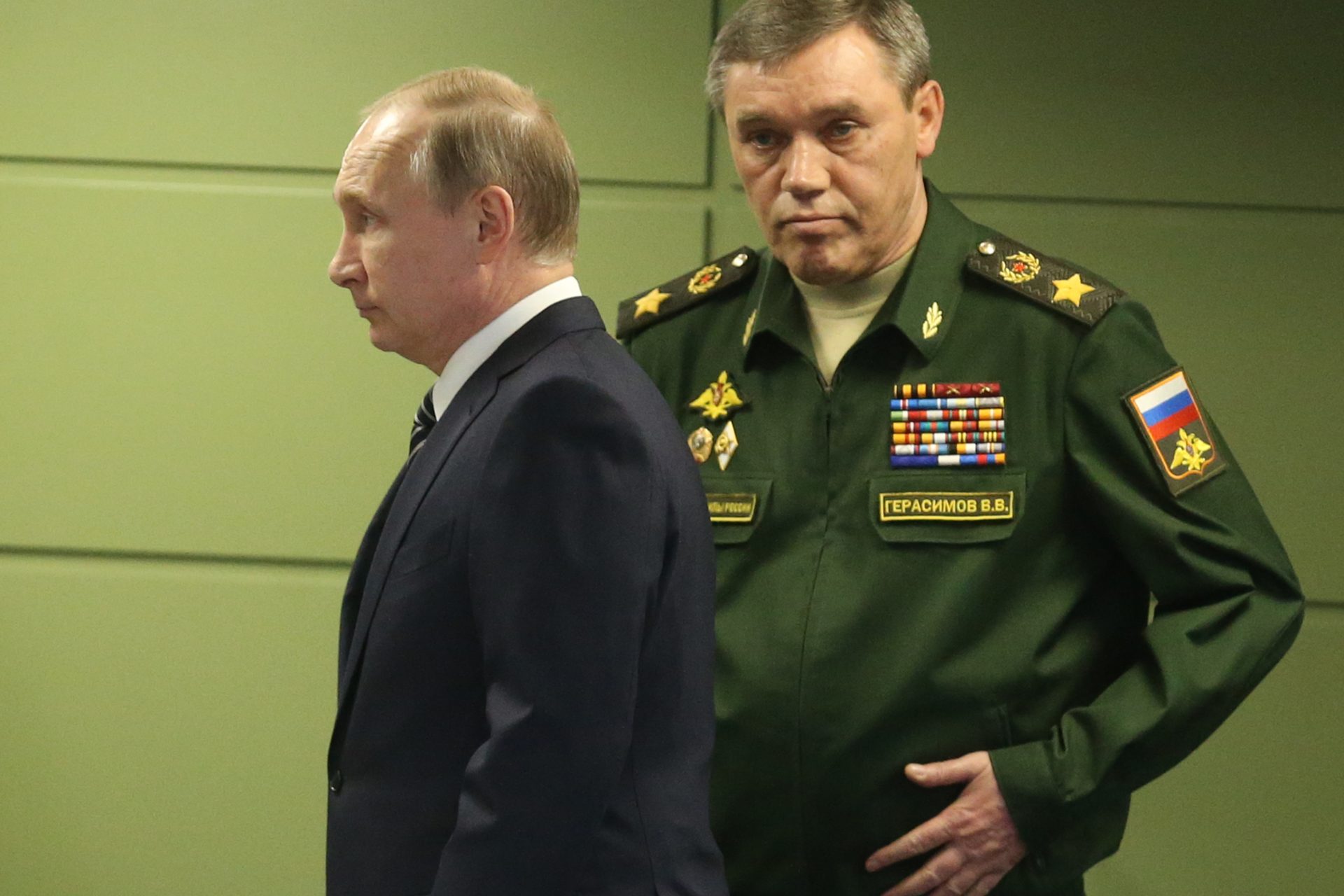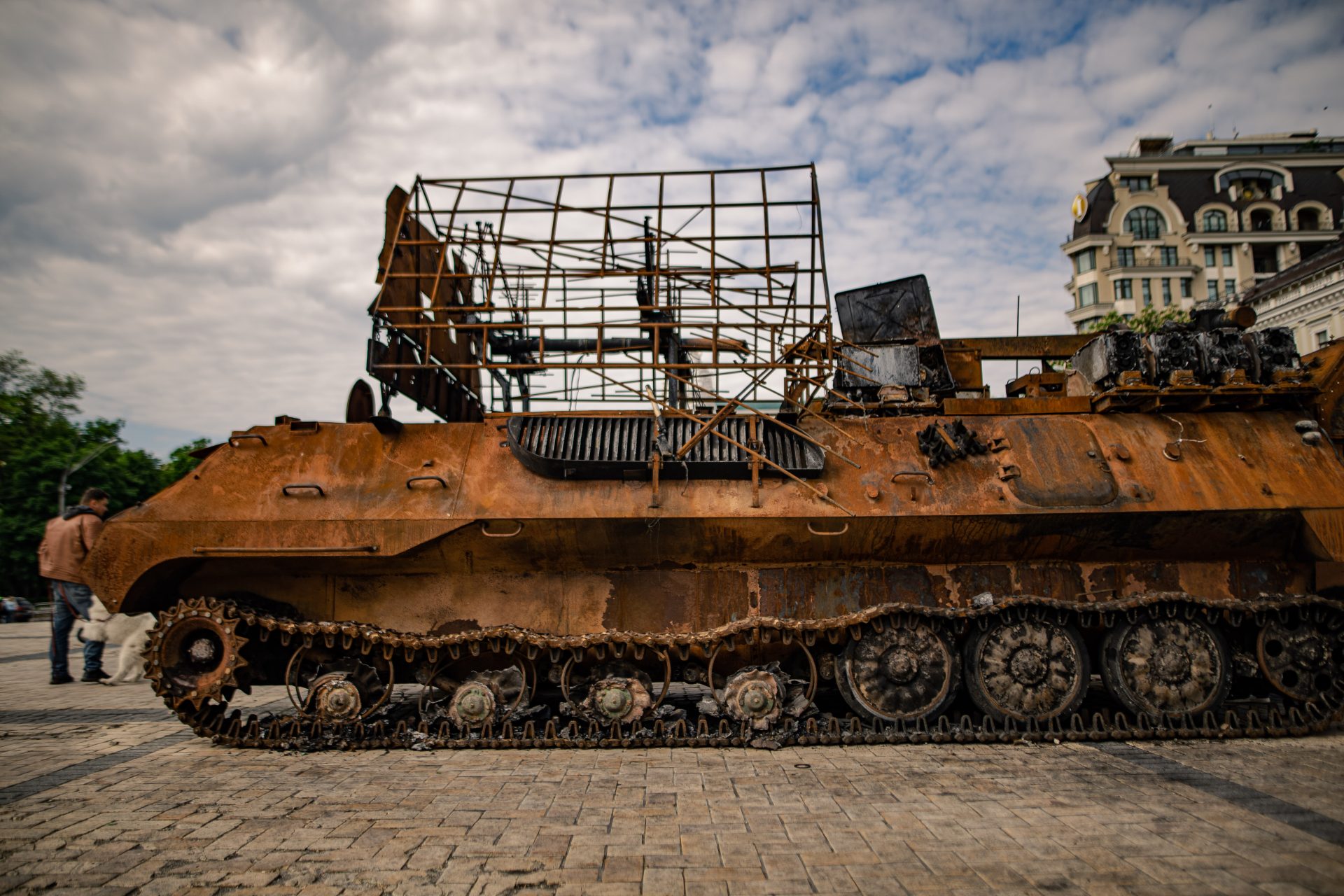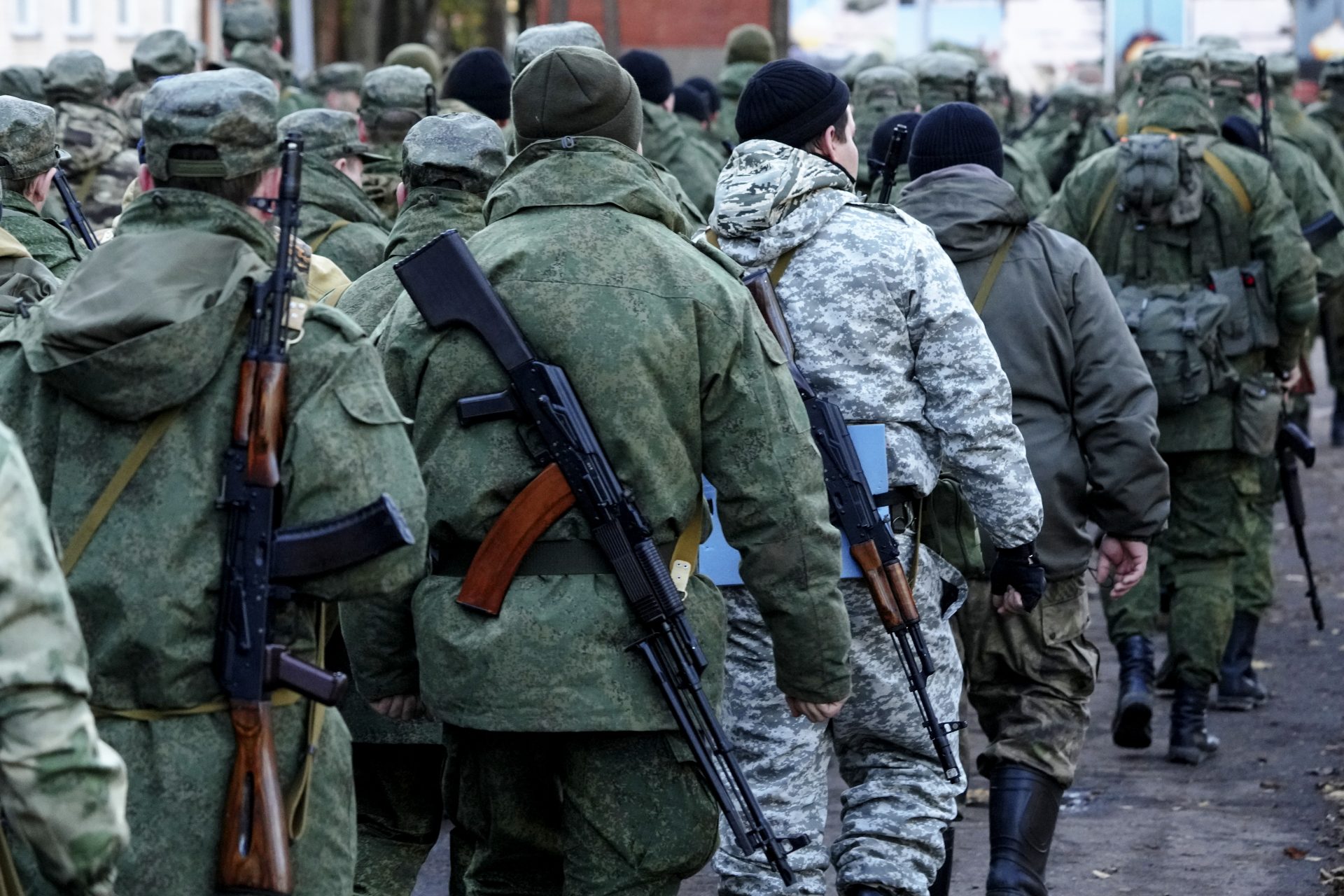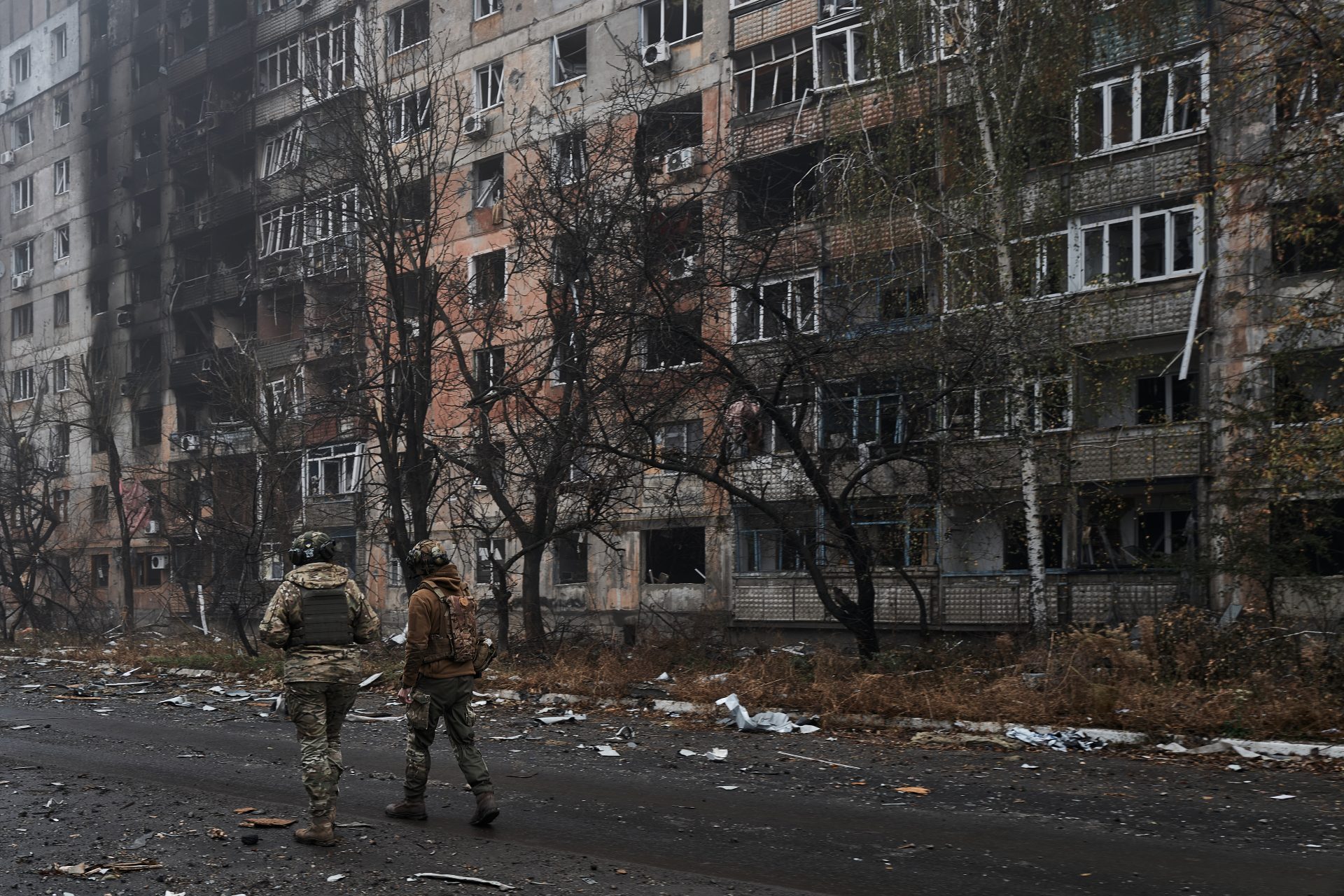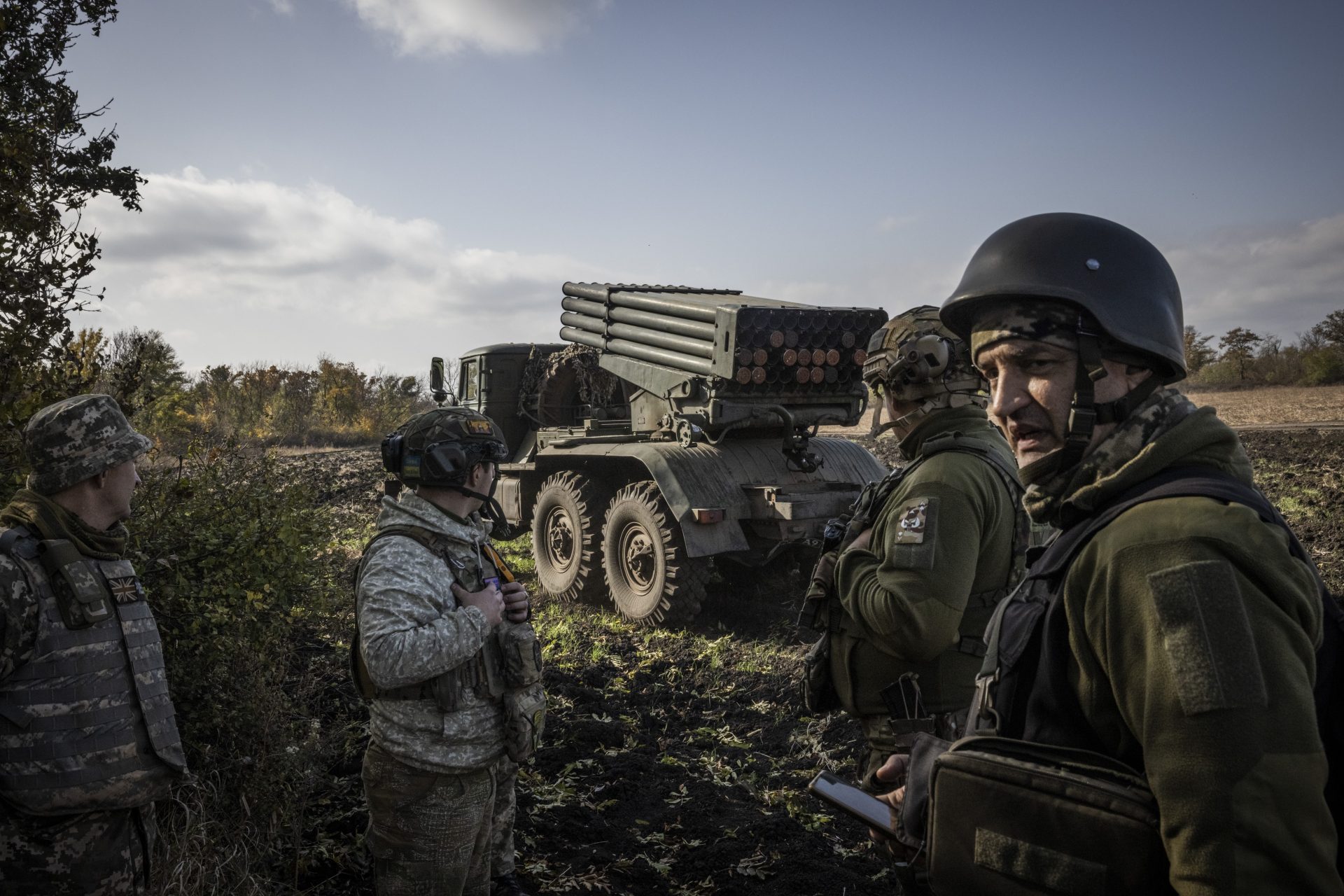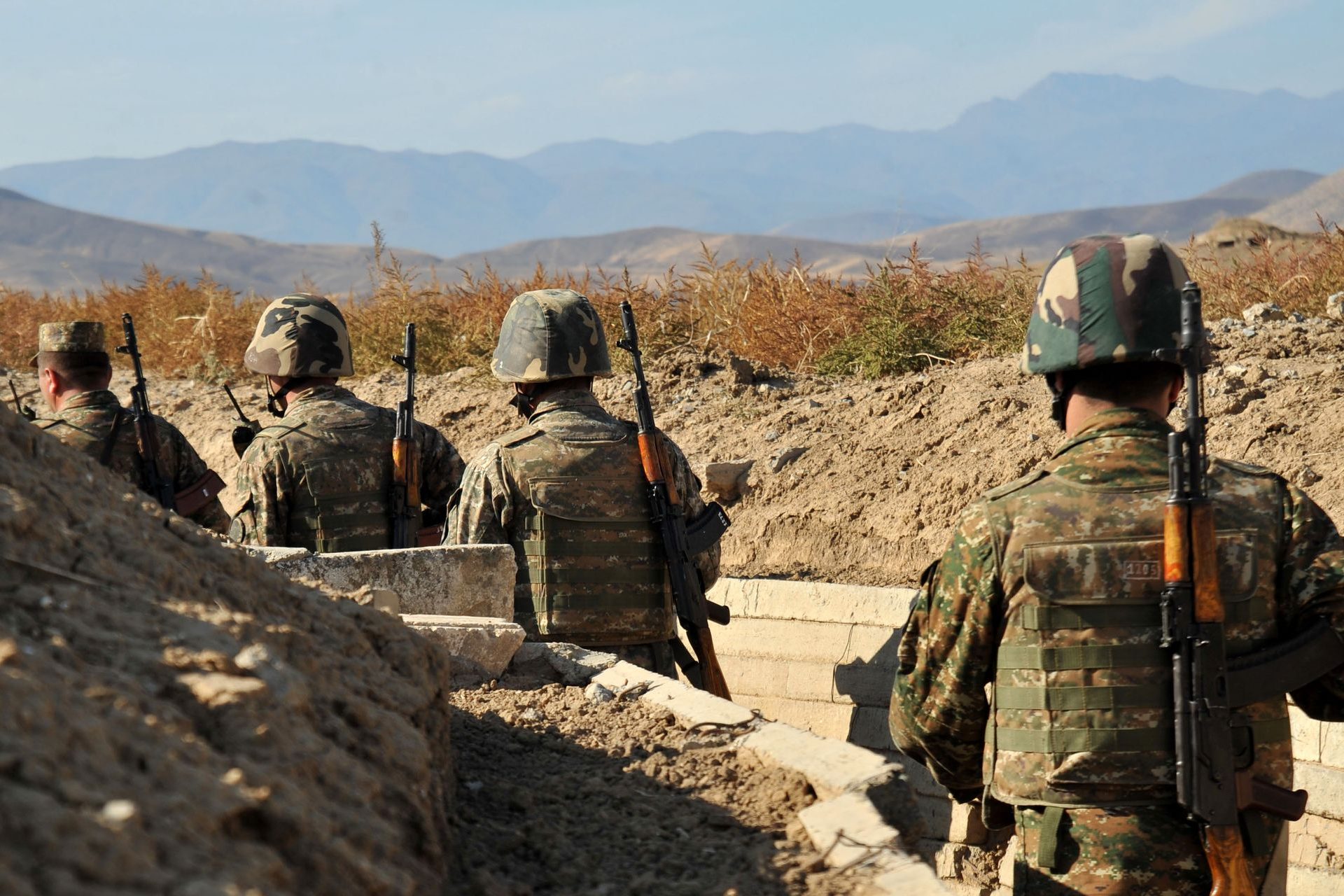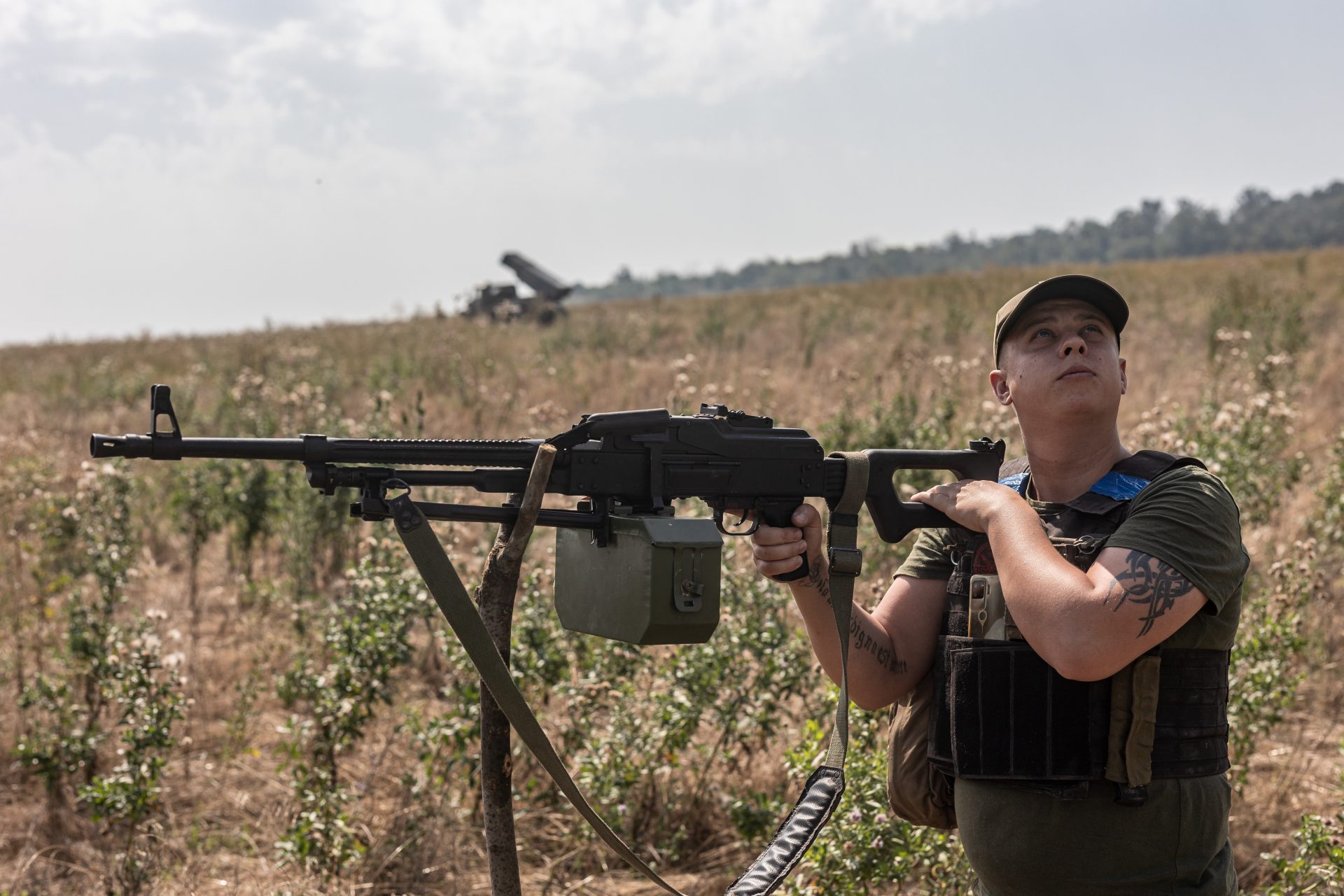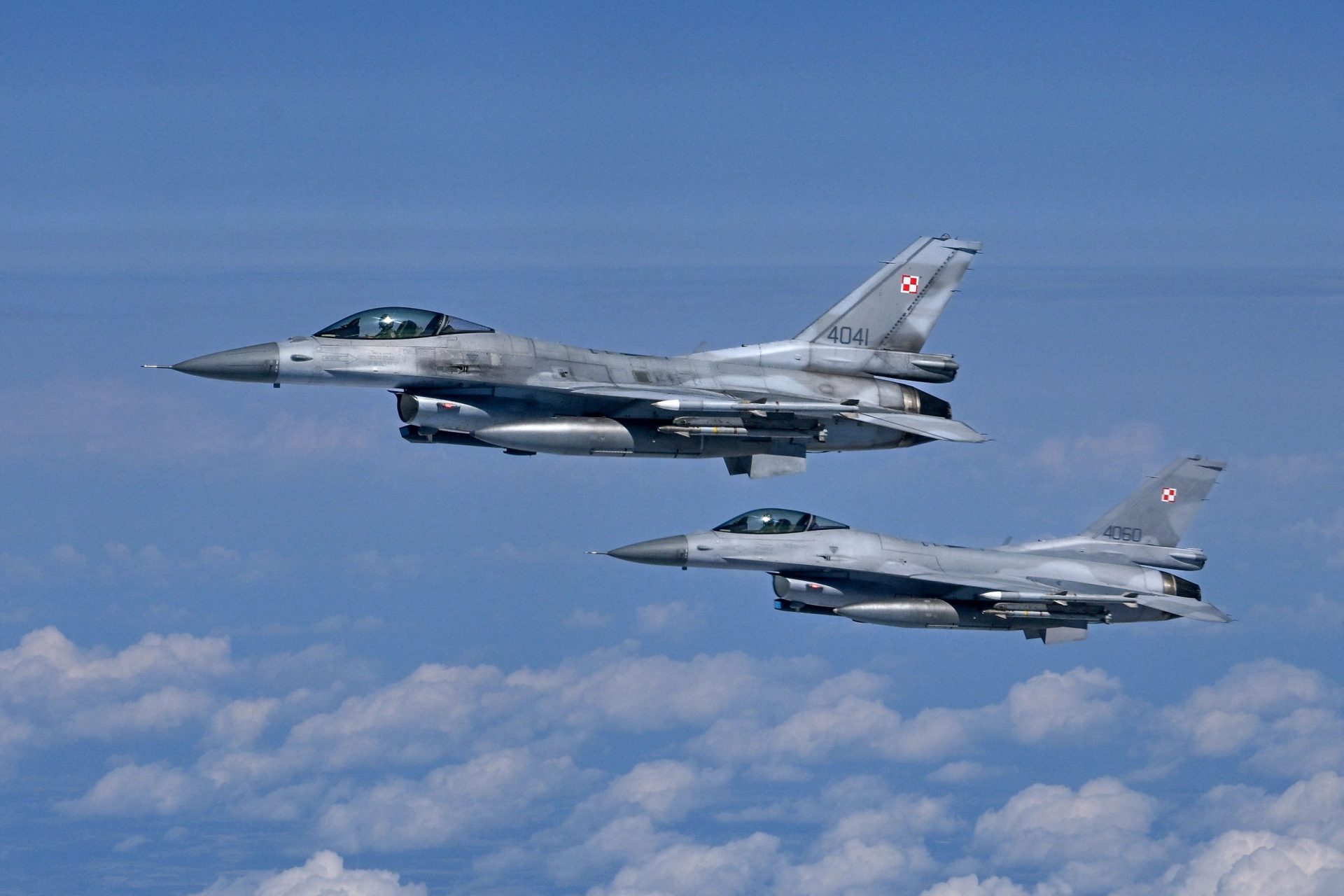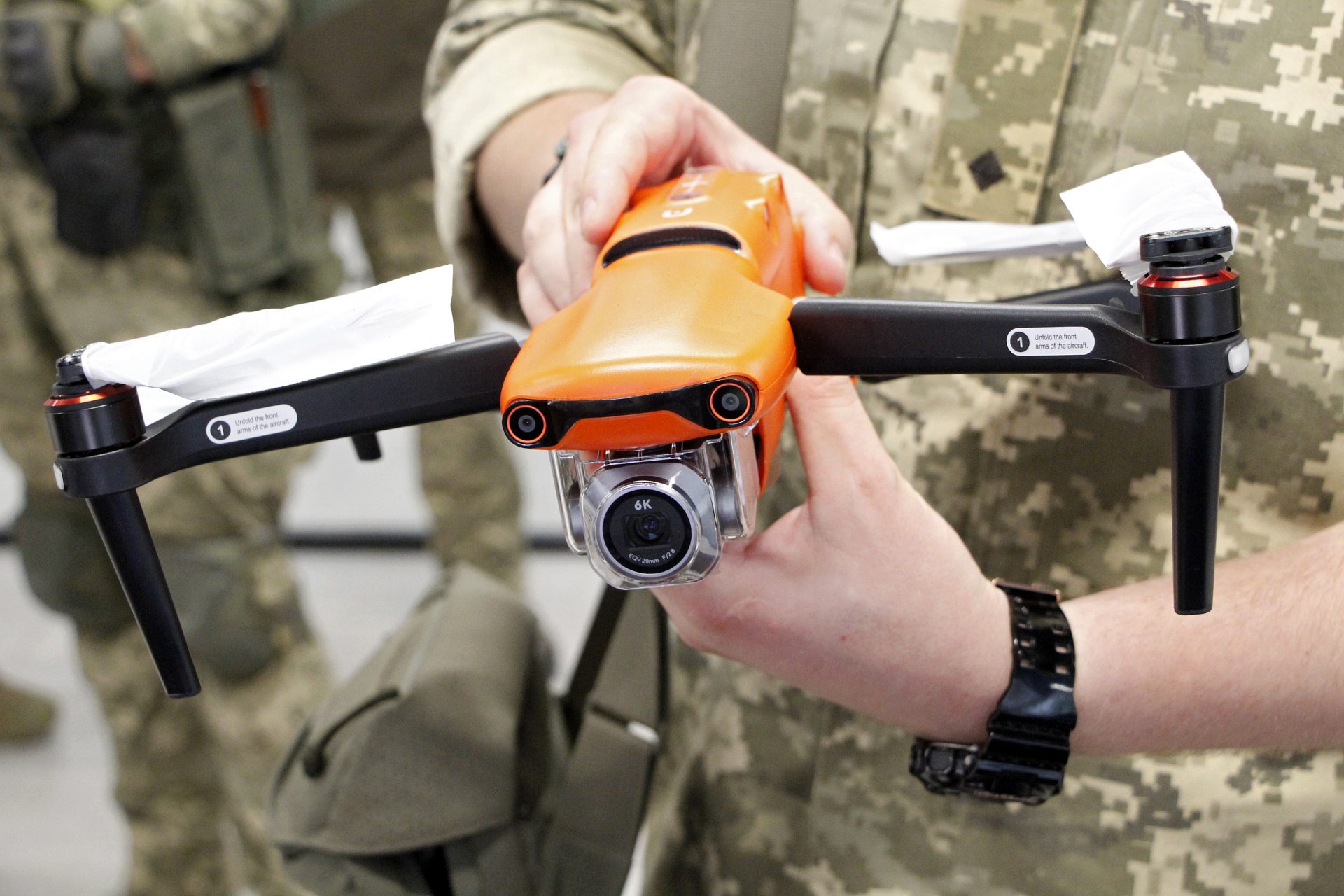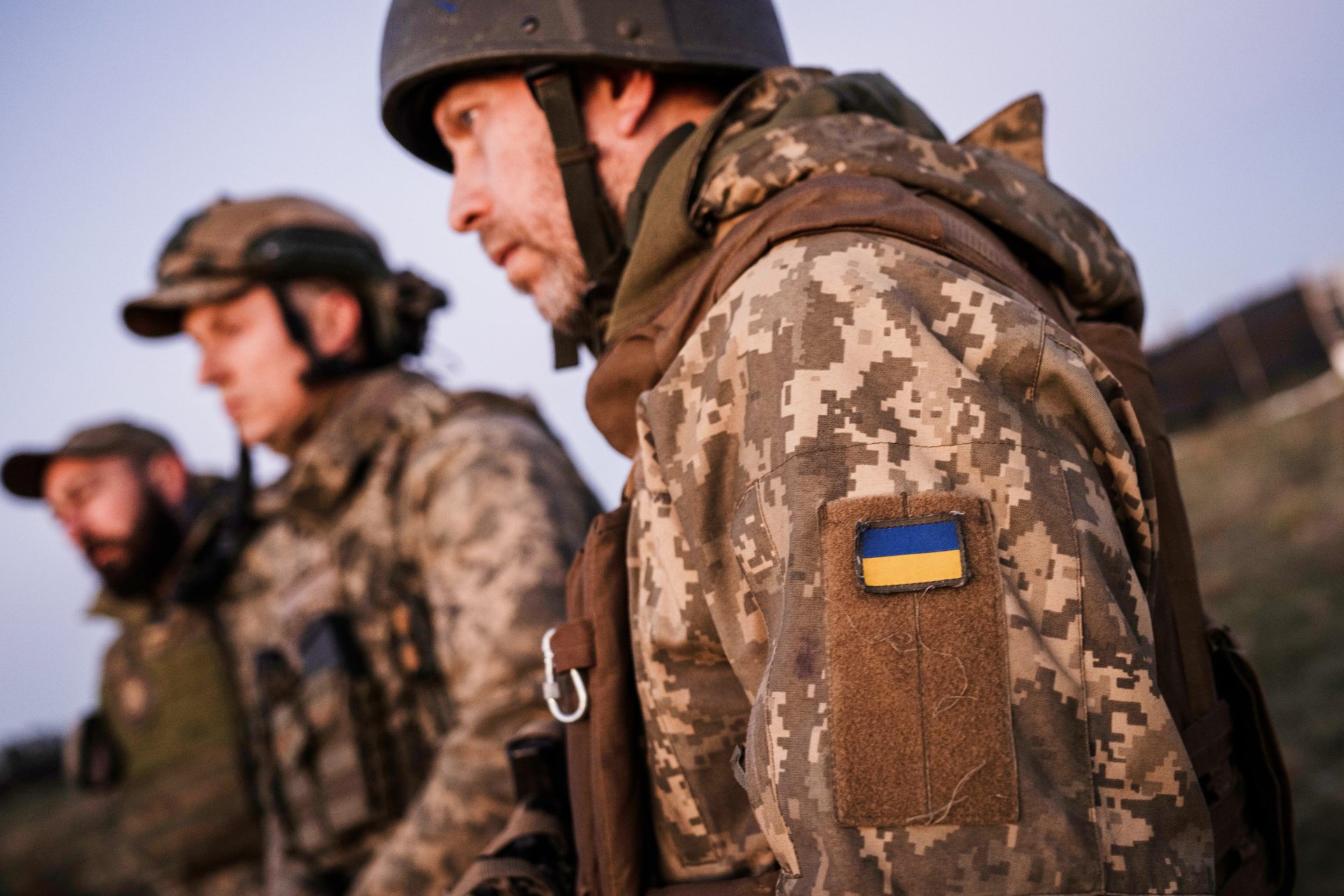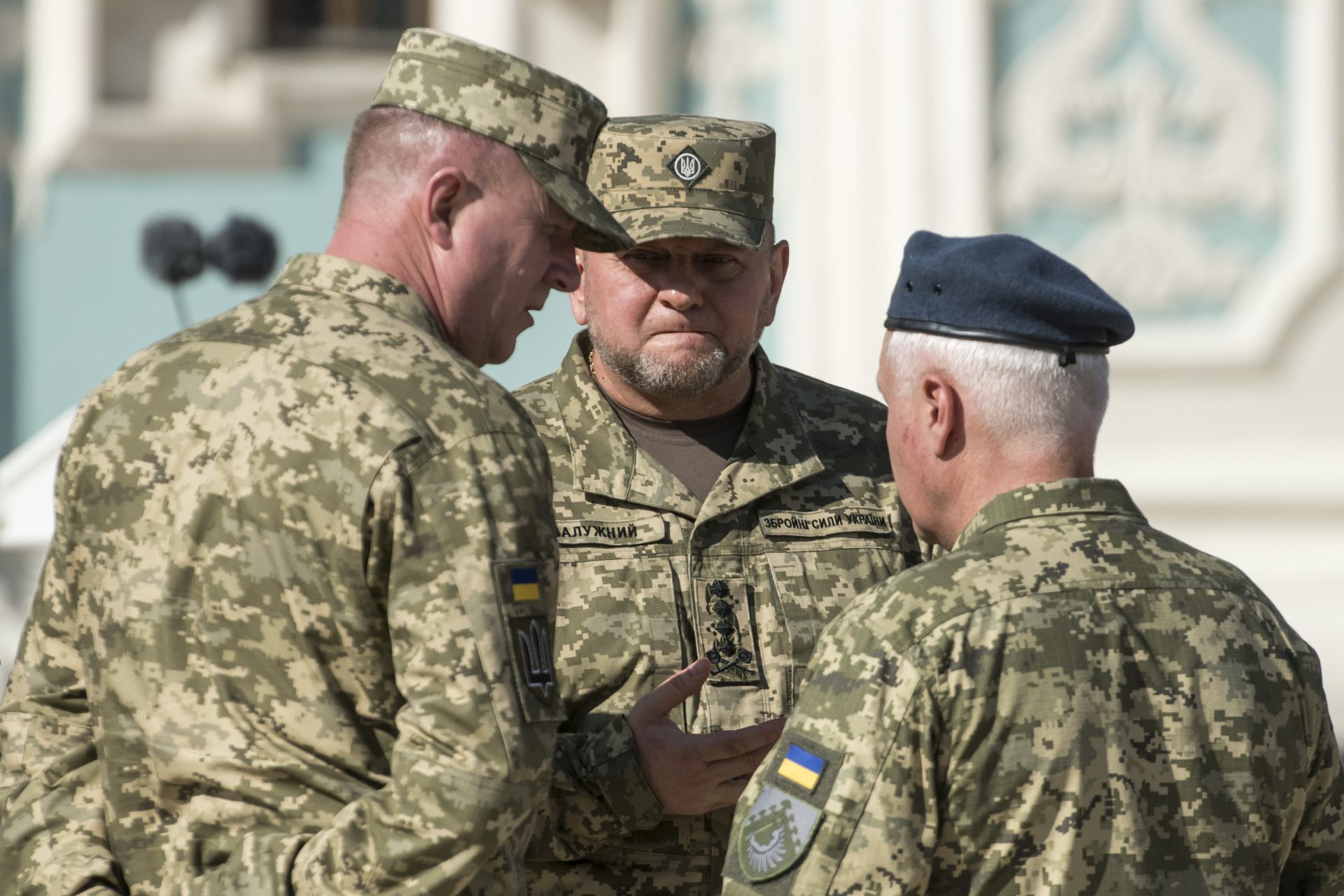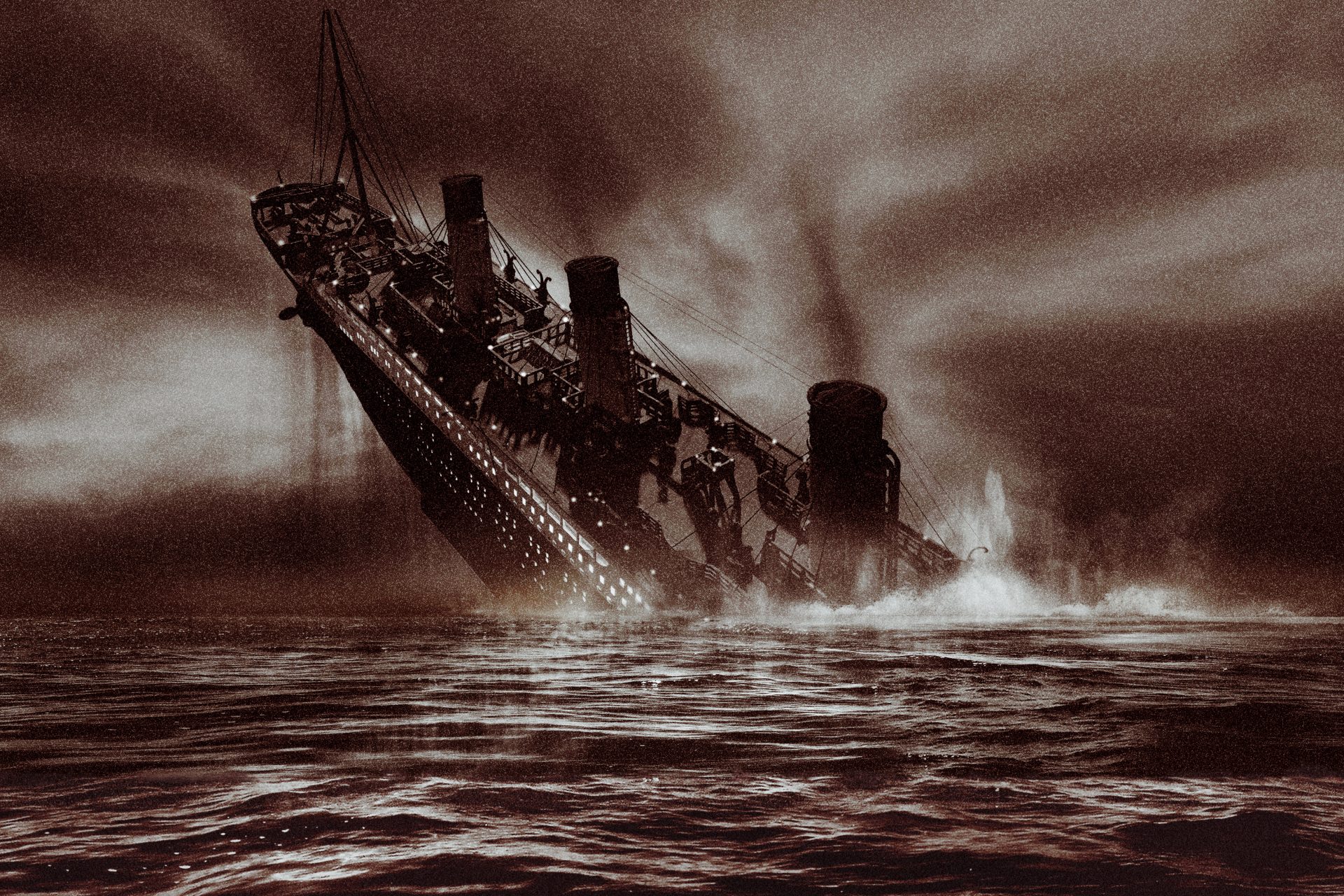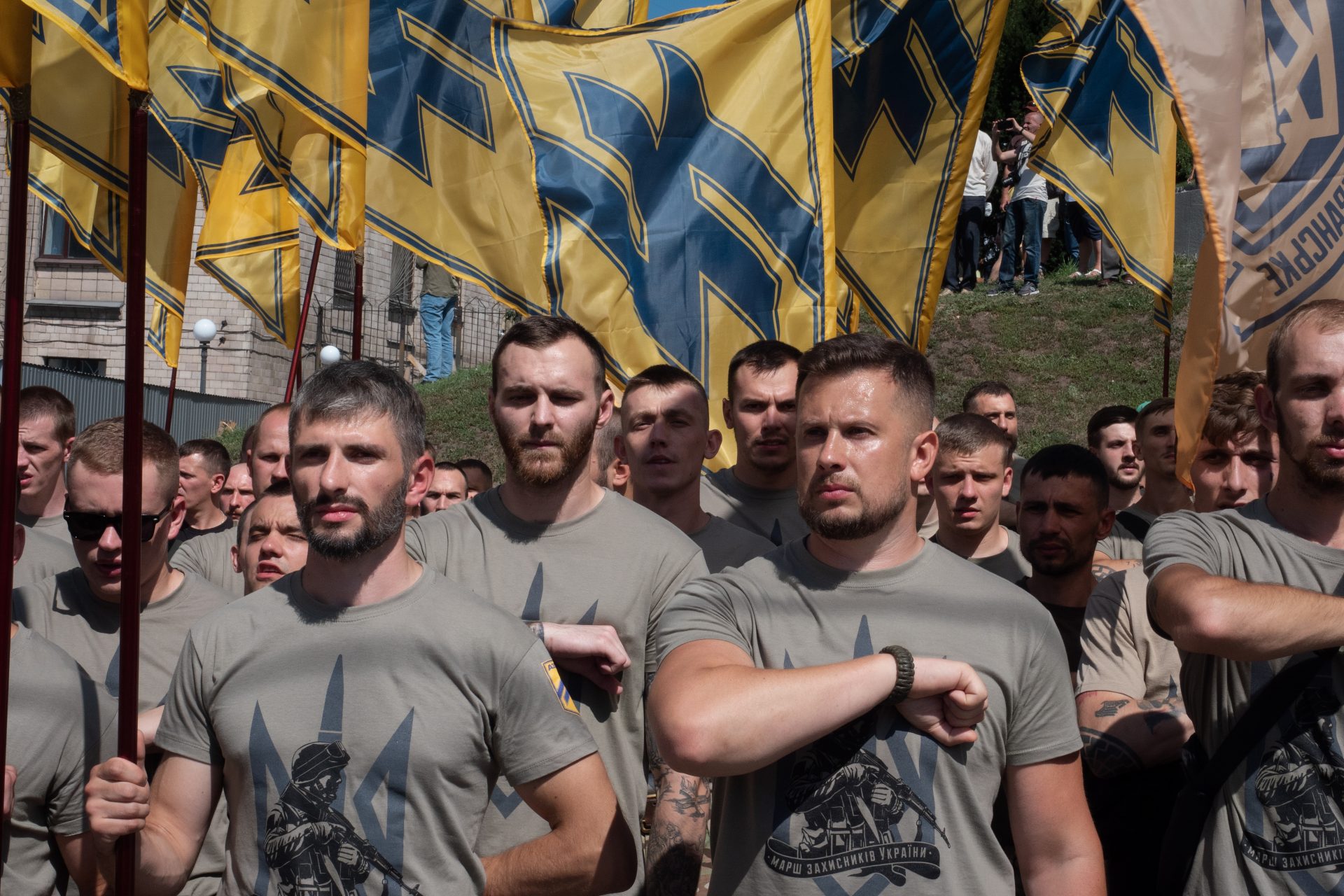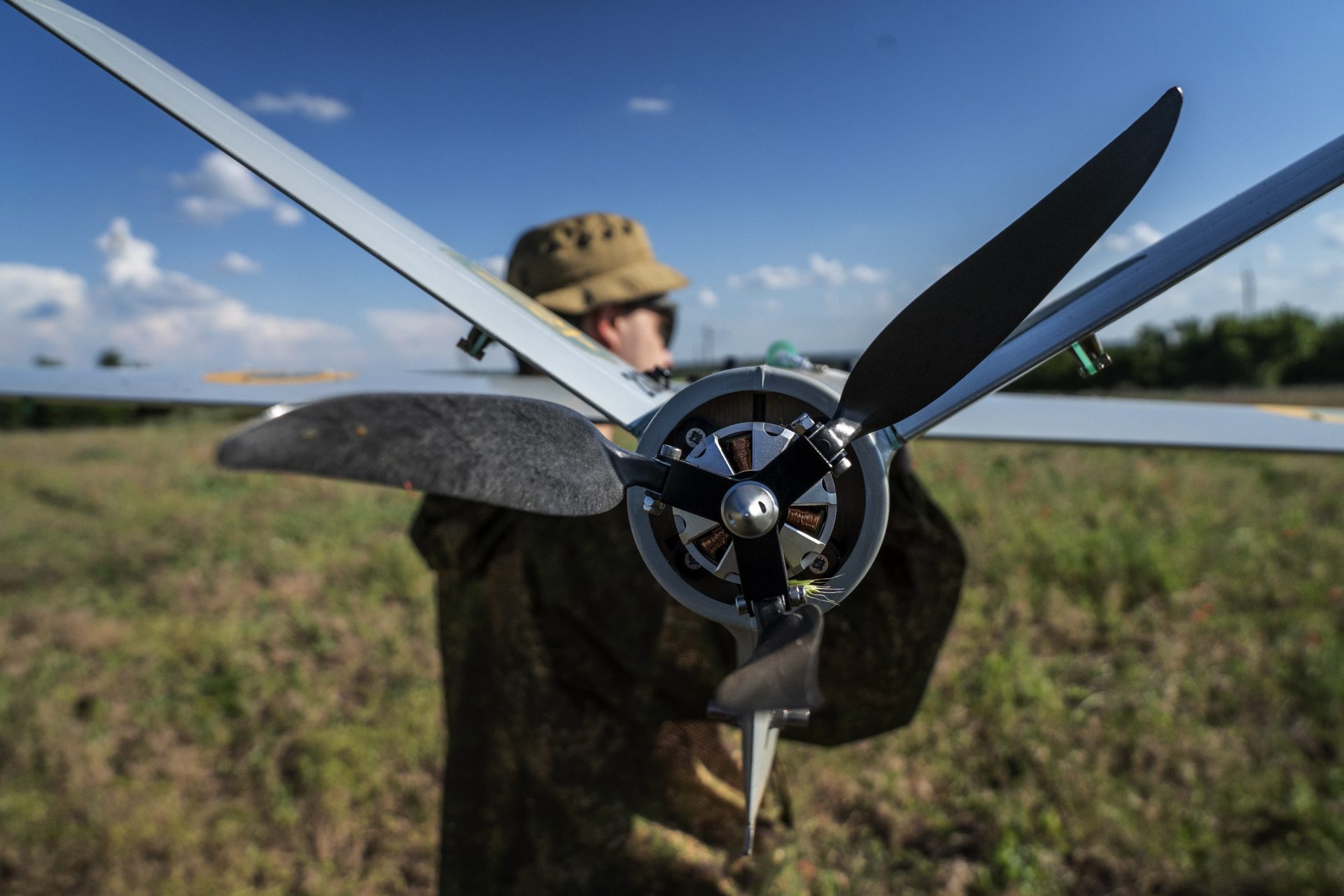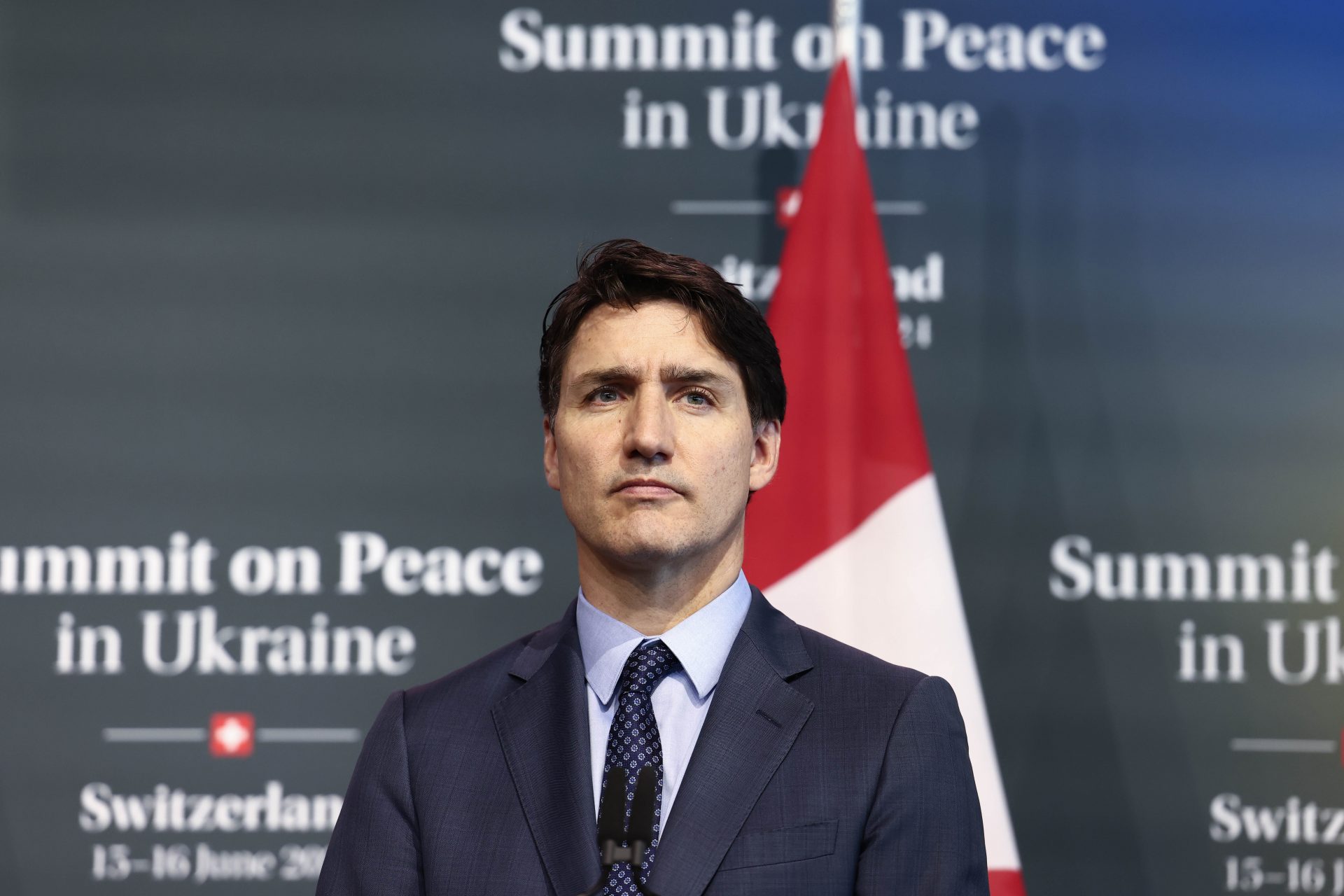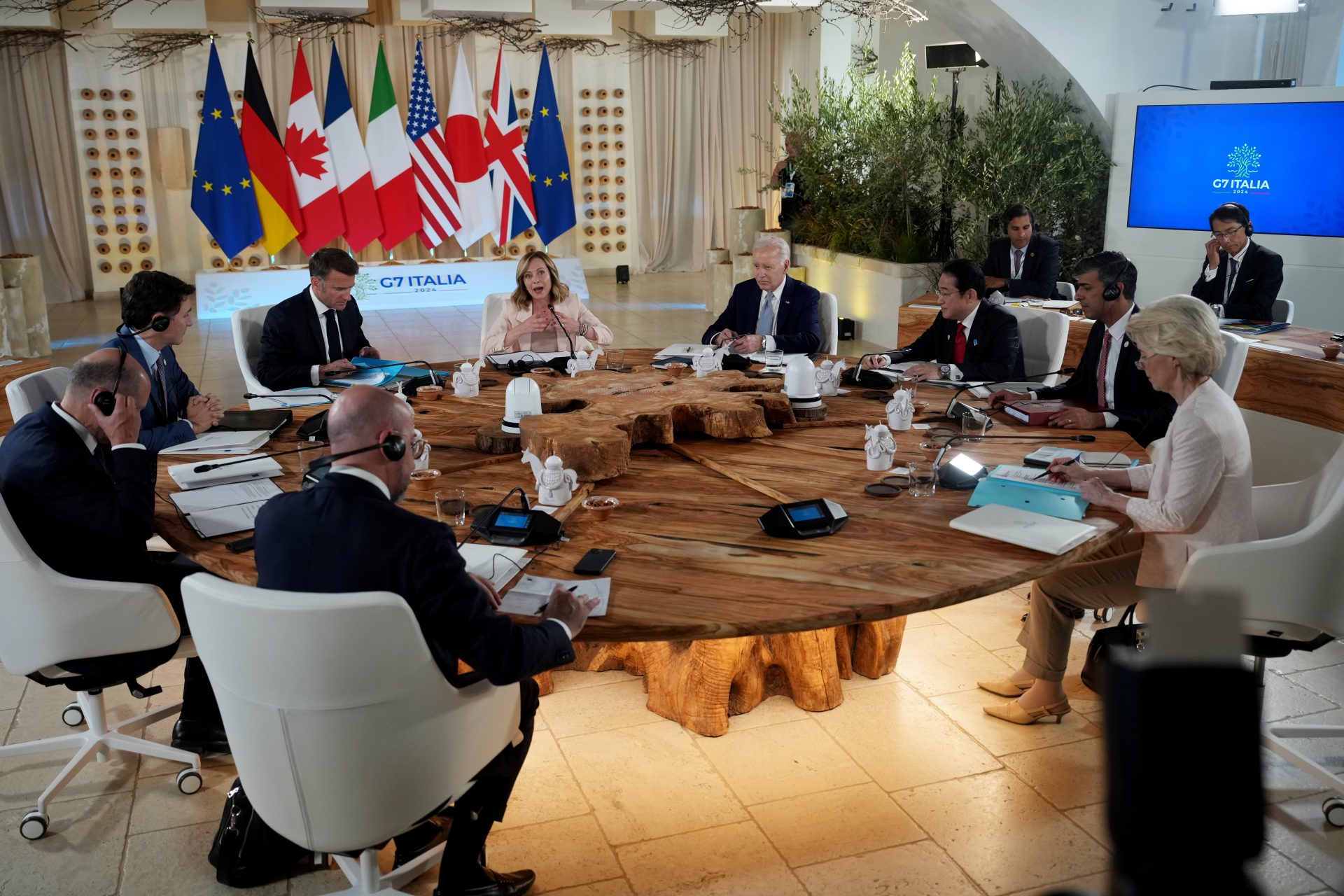Ukraine’s top general reveals his thoughts on the current war situation
Ukrainian Command-in-Chief General Valery Zaluzhny has admitted that the war he's fighting has reached a stalemate in an interview with The Economist that delved deep into the commander's thoughts on conflict.
General Zaluzhny shared his opinions on the current Ukrainian counter-offensive and said that he made a mistake in assuming he could end the war by bleeding Moscow’s manpower until it led to a Russian defeat.
“That was my mistake,” Zaluzhny said. “Russia has lost at least 150,000 dead. In any other country, such casualties would have stopped the war.” However, high casualties have not forced Moscow towards peace.
Making estimates about Russian casualties is difficult since Moscow does not provide any official statistics on its dead and wounded soldiers. One of the best estimates we have comes from leaked U.S. documents earlier this year.
In April, Pentagon documents leaked by Jack Teixeira revealed the government agency estimated that Russia had suffered somewhere between 189,500 and 223,000 casualties, according to The Independent’s reporting.
The documents also revealed between 35,500 to 43,000 Russian soldiers were thought to have been killed since the invasion began. Six months of casualties later, the fight is still raging with no real end in sight.
One of the most revealing aspects of Zaluzhny's interview was his admission that the conflict mimicked that of the First World War, explaining that technology had come so far that it forced the war into a statement.
“Just like in the First World War we have reached the level of technology that puts us into a stalemate,” the general explained, adding that there “will most likely be no deep and beautiful breakthrough.”
“The simple fact is that we see everything the enemy is doing and they see everything we are doing. In order for us to break this deadlock we need something new,” Zaluzhny added. So what’s the solution?
General Zaluzhny believes a new type of technology is needed before Kyiv can break the stalemate on the frontlines, likening the scope of his technological needs to that of the creation of gunpowder.
In an essay written by the general prepared on the topic of breaking Ukraine's stalemate, Zaluzhny noted that innovation in drone technology, electronic warfare, and counter-battery weaponry was required if the country was going to break the current battlefield stalemate.
The key takeaway from Zaluzhny’s essay noted Kyiv needs to “gain air superiority; breach mine barriers in depth; increase the effectiveness of counter-battery and electronic warfare; create and prepare the necessary reserves" to end the stalemate.
”The need to avoid transitioning from a positional form to a maneuverable one necessitates searching for new and non-trivial approaches to break military parity with the enemy,” Zaluzhny concluded.
Ukraine’s Western allies haven't helped the situation either according to Zaluzhny, who explained that the holding back of critical weapons systems allowed Russia to regroup in the aftermath of the Kharkiv breakthrough.
The Economist noted that Ukraine's lack of long-range missile systems and tanks were two necessary technologies Kyiv could have used and General Zaluzhny stressed that they would have been useful last year, though he doesn't blame his allies for what has happened.
However, the general did add that those same weapons, along with the F-16s that are set to begin being delivered early next year, won’t be as useful to Kyiv in the reality of the war's current stalemated frontline.
“It is important to understand that this war cannot be won with the weapons of the past generation and outdated methods,” Zaluzhny stated. “They will inevitably lead to delay and, as a consequence, defeat.”
This is why the general stressed that the development of new technologies in order to break the war’s stalemate is imperative. Unfortunately, he also explained that he sees no sign of any new breakthroughs.
What that means for Ukraine is clear to Zaluzhny, who talked about the need to finish the war before Russia could bring its considerable manpower advantages to the fight and overwhelm the country’s forces.
“The biggest risk of an attritional trench war is that it can drag on for years and wear down the Ukrainian state,” Zaluzhny said. However, it appears that Kyiv has no other choice than to fight the current fight.
“We need to look for this solution, we need to find this gunpowder, quickly master it and use it for a speedy victory. Because sooner or later we are going to find that we simply don’t have enough people to fight,” Zaluzhny added.
More for you
Top Stories



